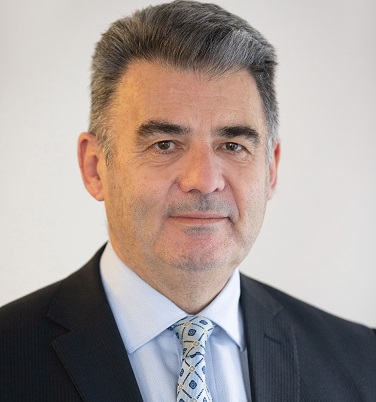Introduced to assist first home buyers, the First home super saver (FHSS) scheme allows individuals to save for their first home inside of their superannuation fund.
Are there any limits on how much can be contributed?
Yes, you can contribute up to $15 000 any one financial year, up to a maximum of $30 000 across all years.
What are the eligibility requirements?
There are a number of criteria that you must satisfy in order to be eligible to access the FHSS scheme. You must have never held in Australia a freehold interest in real property, a long-term lease of land, or a company title interest in land. You must have not previously requested a release of super under the FHSS scheme. You must also be 18 years or older.
Acting as trustee of a trust or self-managed superannuation fund that holds real property will not affect your eligibility for the FHSS scheme.
If you have previously held an interest in real property, however it has been lost through financial hardship, you can apply to the Australian Taxation Office (ATO) for a determination to be eligible for the FHSS scheme. Financial hardship includes events such as: loss of employment, affected by natural disaster, bankruptcy, illness, divorce or breakdown of a relationship, and being eligible for early access to superannuation. In order for such a determination to be made, evidence must be provided to the ATO that demonstrates that the financial hardship resulted in the loss of all your interests in real property.
What contributions are eligible under the FHSS scheme?
Voluntary concessional contributions including salary sacrifice amounts or contributions for which a tax deduction has been claimed. These are taxed at 15% in the fund.
Voluntary non-concessional contributions including personal after-tax contributions where a tax deduction has not been claimed.
These contributions are counted in the order in which they are made. In situations where concessional and non-concessional contributions are made at the same time, the non-concessional contributions will be counted first.
What contributions are not eligible under the FHSS scheme?
In short, most. Contributions that are ineligible for the scheme include, but are not limited to:
- Super guarantee contributions made by an employer;
- Mandated employer or member contributions made under an award, industrial agreement;
- Member contributions made by a spouse, parent or other friends or family;
- Government co-contributions; and
- Contributions under a structured settlement or personal injury order.
How do I access the scheme?
The first step is to apply for a FHSS determination from the ATO. After a determination is issued, you have 60 days to apply for a release. Multiple requests can be made for FHSS determinations. It is important to note that a release under the scheme can only be applied for once. After this, no further determinations can be made under the scheme. It is therefore critical that you are certain that you do not wish to make any further contributions before applying for a release.
Is the amount released under the FHSS scheme taxable?
Yes. The amount released under the scheme is included in your assessable income for the financial year in which the release is request. The assessable FHSS released amount is the total of the concessional contributions and the associated earnings. The assessable amount however receives a 30% tax offset. The tax withheld on the releasable amount is therefore calculated as your estimated marginal tax rate, plus Medicare levy, less the 30% tax offset. If the ATO is unable to estimate your expected marginal rate, the released amount will be taxed at a rate of 17%.
Are there any requirements for when property must be purchased?
Yes. Contract to purchase or construct a home must occur within 12 months of a release being made under the scheme. There is also the requirement that you must genuinely intend to occupy the home as soon as practicable, and intend to occupy it for at least 6 of the first 12 months that it is practicable for you to occupy it.
What happens if a contract is not entered into within 12 months?
If a contract is not entered into within 12 months of a release being made under the FHSS scheme, you must do one of the following. Firstly, an extension can be applied for of up to 12 months. Secondly, the released amount can be recontributed into super. This must be done within the initial 12-month period, or during a time extension if one has been granted by the ATO. Thirdly, FHSS tax can be paid on the released amount. This tax is calculated at 20% of the released amounts that were counted towards your assessable income.
If you are considering utilising the FHSS scheme, or have any further questions, please do not hesitate to contact us.


